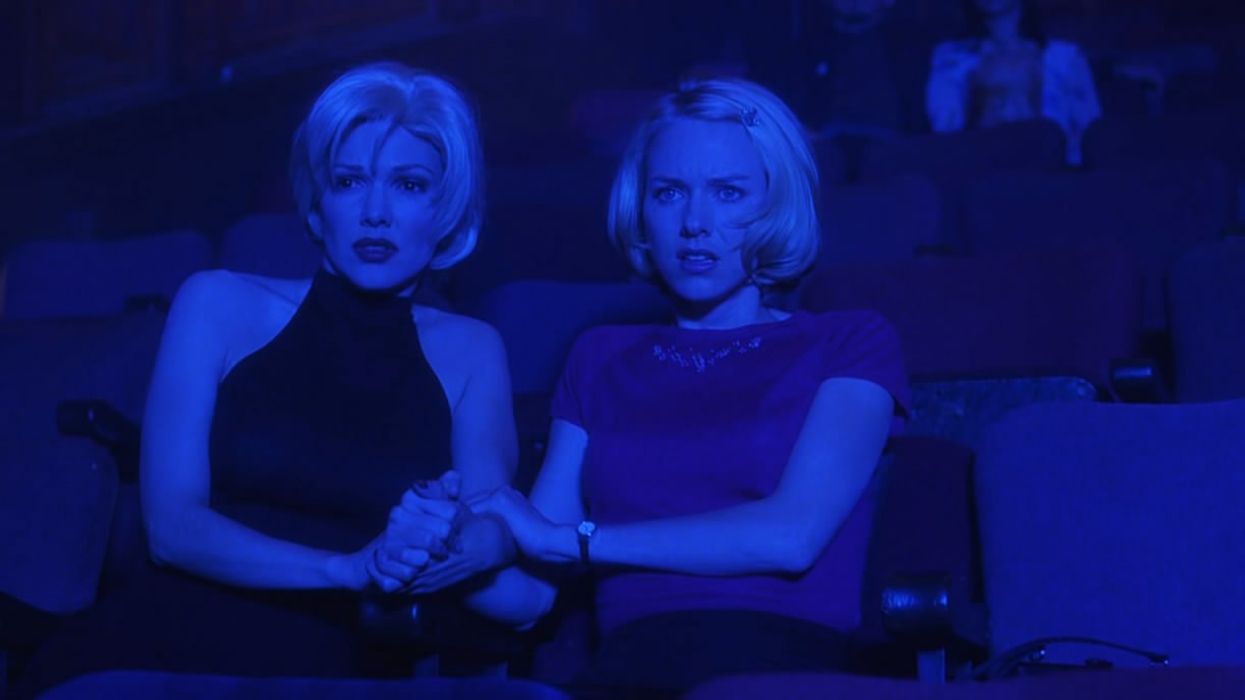Watch: Is 'Mulholland Drive' David Lynch's Most Lynchian Movie?
The much-beloved film is the only film that captures the essence of Lynch's entire body of work.

Last summer, the BBC released its list of the 21st century's 100 greatest films (so far). 177 critics from 36 different countries got together and placed David Lynch's subversive mind-bender Mulholland Drive at the number one spot. It may be the 21st century's greatest film to date, but is it David Lynch's greatest film?
If you're judging it solely based on how well it represents the hallmarks that make a David Lynch movie a David Lynch movie, then Fandor argues the answer is yes. In a video essay by Leah Singer, we get a side-by-side comparison of how each movie in Lynch's canon relates to Mulholland Drive.
While it is indeed a hard film to label with any genre, Mulholland Drive is, at its core, a mystery. Many of Lynch's other films borrow from the rules of this genre, as well as film noir and other detective-centered whodunnits. The best examples are probably Twin Peaks and Blue Velvet.
But what makes Mulholland Drive peak Lynch is how well it blends his affinity for mystery with his eye for the surreal. Lynch has been dealing in the art of dream logic since Eraserhead, and all his features contain confusing, non-linear narratives in some capacity. Ultimately, the audience is left with the feeling that the film is falling apart before their eyes.
The normal outside world that we're used to is established and then thrown away as Lynch's characters discover the "haunted interior" worlds beneath. A place where shadowy creatures of the uncanny play and laugh at the normies upstairs. Again, it's a hard plot to pin down (another hallmark of Lynch's films) but this phenomenon is quite literally the basis for the plot of Mulholland Drive. "Betty" moves from a small town to the glistening wonderworld that is Hollywood, only to be sucked into a seedy, nightmarish underworld that is bubbling beneath.
What do you think? Is Mulholland Drive the most Lynchian David Lynch film? Share your thoughts with us in the comments.
Source: Fandor











